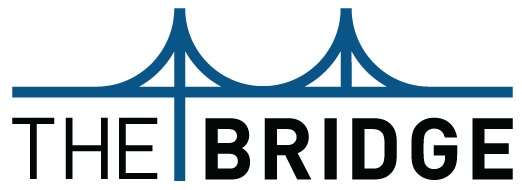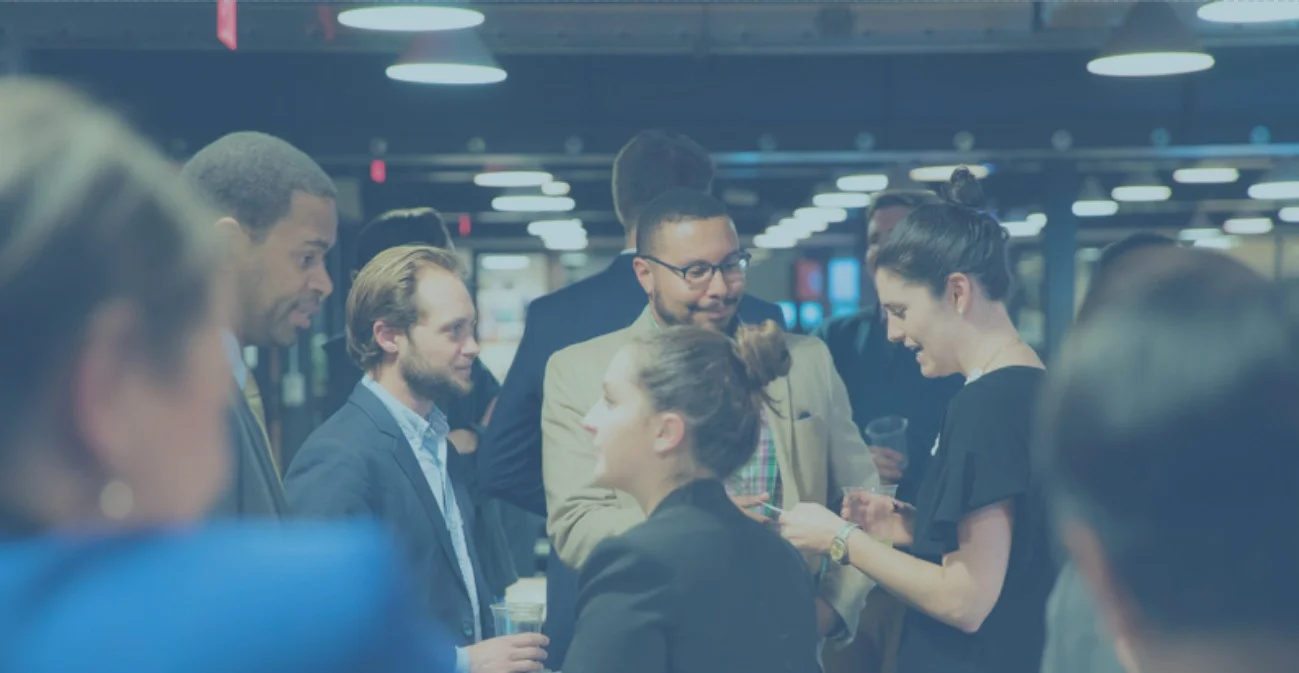TheBridge profile: Jennifer Shieh
Name: Jennifer Shieh
Current city: Washington, D.C.
Current job: Director of Ecosystem Development, Office of Investment & Innovation, U.S. Small Business Administration (SBA)
Past job: Chief Scientist for America's Seed Fund, Assistant Director for Entrepreneurship at the White House Office of Science & Technology Policy (OSTP), food scooper at Dragon Bowl
Q. How are you currently bridging the gap between innovation and regulation? Through the U.S. Small Business Administration (SBA) mission to help Americans start, build, and grow resilient businesses, the Office of Investment and Innovation focuses on equitable access to capital for high-growth small businesses to go from idea to IPO. Our team coordinates policy and empowers 11 Federal agencies that distribute ~$4 billion each year to small business innovators through America’s Seed Fund, the Small Business Innovation Research and Small Business Technology Transfer (SBIR/STTR) programs. Through America’s Growth Fund, the Small Business Investment Companies (SBIC) program, we partner with private investment funds to provide access to capital for small businesses that want to scale. I get to focus on the “and” in our Office’s mission – creating an environment and bringing together the many different ecosystem builders and partners that play a role in advancing impactful products, services, and companies.
As the organization that sets the policies and regulations for these programs, we’re always trying to learn from the startups & entrepreneurs we ultimately are trying to serve and think about how we might be able to innovate to improve the way these programs work for them.
Q. What can innovators learn from policymakers? When I first came to DC from the Bay Area, I was blown away by how tech-centric and narrow my worldview was, and also how similar the motivation felt – to make an impact on the world, though using different tools.
Innovators can learn how to scale from policymakers. Policymakers have to think about scaling from the very start and how to equitably serve diverse citizens, since the problems we’re tackling often impact so many people. Long-term consequences and the perspectives of many different stakeholders are something the government considers carefully, which makes policymaking a slow and deliberative process.
Q. What can policymakers learn from innovators? The flip-side of innovators learning from policymakers how to build for scale, is how policymakers can learn from innovators on how to build for scale. A lesson from the “Masters of Scale” podcast that has stuck with me is that starting with handcrafted, bespoke solutions can be critical to learn how to serve customers what they want or need, starting with something that does not seem to scale. I’m excited that the SBA, and the Federal government as a whole, is embracing the idea of human-centered policy design, thinking about citizens as customers to design for and maybe even delight!
Q. Why are you part of TheBridge community? Why do you think it's important this community exists for tech, policy and political professionals? Intentional community to bridge people across tech, policy, and politics is critical, so we don’t lose sight of common goals and being able to connect to the variety of perspectives on a particular issue, and also know there are people to turn to for insight.
Q. Can you describe a skill you have carried throughout your career that has always proved to be valuable? Being fearless about trying new things, confident I can learn how to do something I didn’t know before. It’s a skill I didn’t realize I was learning in grad school. I had to figure out how to design experiments to get answers that no one else had looked at the way I wanted to, so I’d pick up different techniques from reading papers in various fields and mash them together. Creating policy is actually similar; we try to address situations that may have not been done exactly in this way before, so you look to comparable situations in other environments or agencies to develop something logical that supports a bigger vision.
Q. Most underrated virtue in an employee? Self-awareness and the ability to articulate one’s limits, so that a leader can build a team that might be able to complement those limits.
Q. What is the best job interview question you have ever been asked? The interview question I like to ask is around doing a pre-mortem - what has gone wrong that made you want to leave?
Q. Favorite spot for a coffee meeting? Conveniently located between meet-ers, locally-owned, and makes their own not-too-sweet chai.
Q. Favorite books and podcasts you recommend? Fiction: The Paper Menagerie and Other Stories by Ken Liu is an amazing collection of short stories that reminded me why I was such a bookworm as a kid. One of the latest works of fiction I enjoyed was The Immortal King Rao by Vauhini Vara, which weaves together history, tech, business, and government.
Non-fiction: Born a Crime by Trevor Noah (definitely get the audiobook to hear him read it!) – love the lessons on the importance of being able to build trust through language. Braiding Sweetgrass by Robin Wall Kimmerer – beautifully shares her experiences as an Indigenous scientist with great lessons from ecology for entrepreneurship ecosystems. Some other old favorites: Where Good Ideas Come From by Steven Johnson, The Power of Habit by Charles Duhigg, Creativity Inc by Amy Wallace & Ed Catmull
Podcast: Dare to Lead with Brene Brown, Masters of Scale, 99% Invisible
Q. Job advice in three words? Remember, we’re human
Q. What skills are essential to your job every day? Being able to run a meeting (love The Art of Gathering by Priya Parker!). Hearing & synthesizing input from many different perspectives. Translating between the languages and cultures of these different perspectives – like being able to turn government-speak into something understandable.
Q. Looking back, what advice would you give yourself at the beginning of your career? Cultivate good knowledge management hygiene habits from the beginning - set up systems and structures for information and manage all the business cards.
Q. What's one piece of advice you are still trying to master? How to say no and not feel guilty. It is physically impossible for me to do all the things I am interested in and help all the people I want to help, and I am still working on accepting my limits.
Q. Morning routine? Tag team with my partner on getting ourselves and our 4-year-old ready for the day. Heat water for Earl Grey and join him for breakfast. Family hugs before they head out for school drop-off and I head up to our home office.
Desired/occasionally attempted add-on before all that: Wake up before the rest of my family to listen to the Daily Calm on the meditation app and do 10 minutes of yoga. Check-in with myself & what I need from the day.


